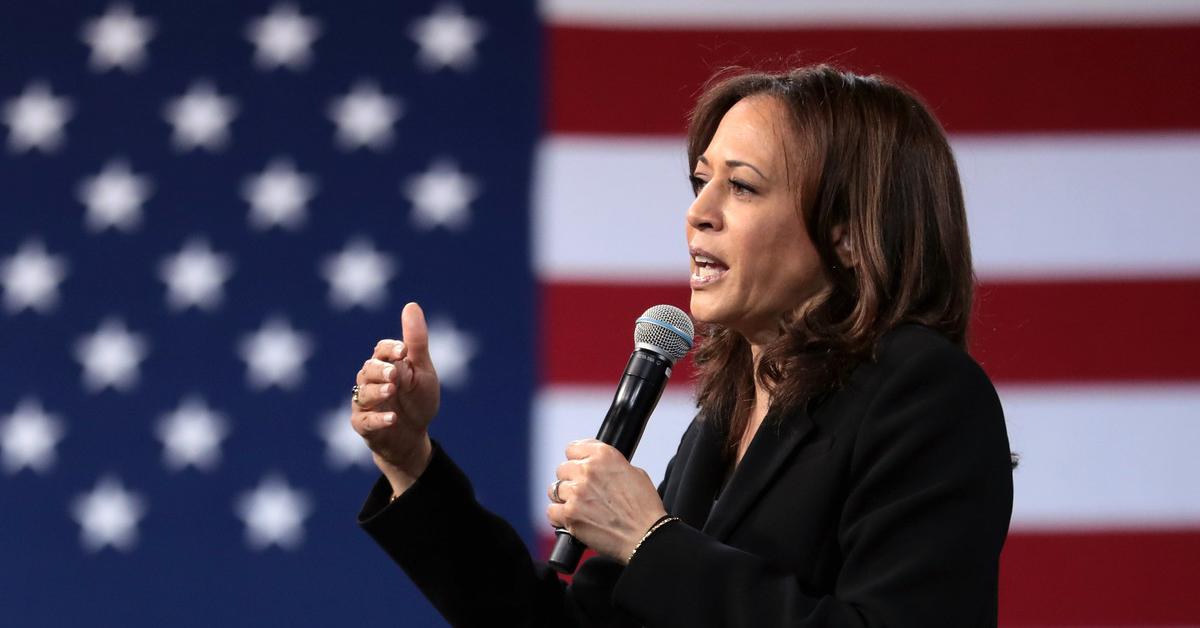The U.S. Supreme Court upheld California’s controversial Proposition 12, a law mandating new standards for confining livestock.
The legal battle was notable for its nationwide impact on pork producers, most of whom operate outside of the Golden State but sell their products in California and increased worries of a bacon shortage at the outset of 2022, the year it was initially to be implemented.
Historical perspective: Proposition 12, approved in 2018, bans the sale of pork within the state unless pregnant pigs are allowed at least 24 square feet of space and the ability to stand up and turn around in their pens.
- The National Pork Producers Council and the American Farm Bureau Federation, which sued in 2019, said the measure violates the so-called dormant commerce clause, a doctrine that says the U.S. Constitution limits the power of states to regulate commerce outside their borders without congressional authorization.
- The Ninth Circuit Court of Appeals rejected the push from the Ag industry.
Inside the decision: The court split 5-4 on , with Chief Justice John Roberts and Justices Samuel Alito, Brett Kavanaugh, and Ketanji Brown Jackson dissenting.
- Kavanaugh wrote in his opinion, “state economic regulations like California’s Proposition 12 may raise questions not only under the Commerce Clause, but also under the Import-Export Clause, the Privileges and Immunities Clause, and the Full Faith and Credit Clause.”
- The Biden administration urged the justices to side with pork producers, telling the court in written filings that Proposition 12 would be a “wholesale change in how pork is raised and marketed in this country” and that it has “thrown a giant wrench” into the nation’s pork market.
- Pork producers argued that 72 percent of farmers use individual pens for sows that do not allow them to turn around and that even farmers who house sows in larger group pens do not provide the space California would require. Complying with Proposition 12 could cost the industry $290 million to $350 million.
- Some justices worried during arguments in the case in October that green lighting the animal cruelty law would give state legislators a license to pass laws targeting practices they disapprove of, such as a law that says a product cannot be sold in the state if workers who made it are not vaccinated or are not in the country legally.
What they’re saying: The National Pork Producers Council (NPPC) and the American Farm Bureau Federation said in a statement that they will continue to fight for the nation’s pork farmers and American families against misguided regulations.
- “We are very disappointed with the Supreme Court’s opinion. Allowing state overreach will increase prices for consumers and drive small farms out of business, leading to more consolidation,” said Scott Hays, NPPC president, and Missouri pork producer.











